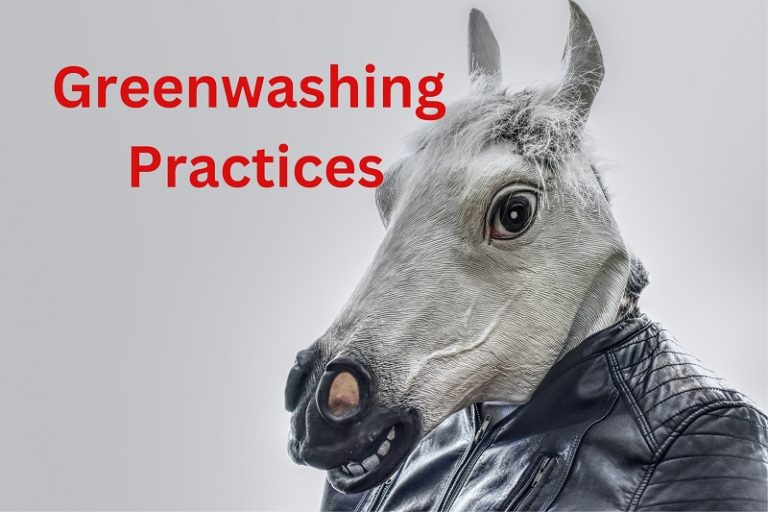unethical behavior of social worker
What began as a mental health issue has been expanded to other fields of social work practice. Knowing that people who are subjected to abusive leaders tend to retaliate by engaging in unethical actions against their organization, leaders, colleagues, or customers[45] [46] is an additional reason to worry. An exploratory study, The deception spiral: Corporate obfuscation leads to perceptions of immorality and cheating behavior, What causes unethical behavior? Social workers can take constructive steps to respond to and, especially, prevent unethical conduct. This issue arises because of the practitioners religious affiliation which results in the practitioner being unable to accept homosexuality. When necessary, social workers must bring their concerns to the attention of people and organizations that are in a position to support social workers and hold them accountable. The reason social workers misconduct is so important is because misconduct and neglect of duty by a social worker could have harmful consequences. Finally, assertive efforts to challenge wrongdoing help to protect social workers themselves, especially in the event that other parties allege that the social workers failed to take steps to expose unethical conduct within the organization. These legal provisions help social workers identify professional obligations and legal conflicts of interest. This incidence of unethical behavior at work is estimated to cost organizations worldwide more than $4.5 trillions per year[1]. Its important when guiding a client to a safer and less autonomous choice, the social worker clearly and reasonably justifies their decision, always prioritizing the clients: Sometimes, social workers need to encourage clients to be self-reliant. Regulations and unethical behavior, thus, co-evolve over time and are largely a reflection of the belief system of a community at a given time. Nearly all social workers are honorable, dedicated, and principled practitioners who would never knowingly harm clients or the public at large. Indeed, 42% of people who were found engaging in unethical behavior were living beyond their means. Dignity and Worth of the Person We want to protect the clients right to decide how to live his life. The basic purpose of social work is to help individuals improve the quality of their lives. Duty to warn and duty to protect have implications for social work practitioners in the fields of mental health, HIV/AIDS, domestic violence, and medical social work. Someone who blatantly abuses their family members without remorse, for example, will be quickly reported by a social worker without much internal conflict on the reporters part.
Is Anyone Still Alive From Perry Mason?,
Bollettieri Tennis Academy Location,
How To Beat Chiara Hogwarts Mystery Year 2,
Death Jimmy Stokley Wife,
Articles U


